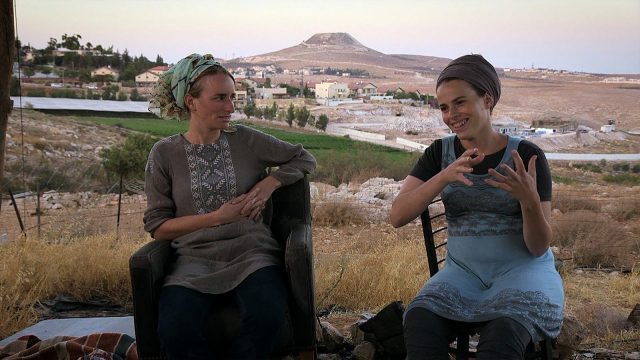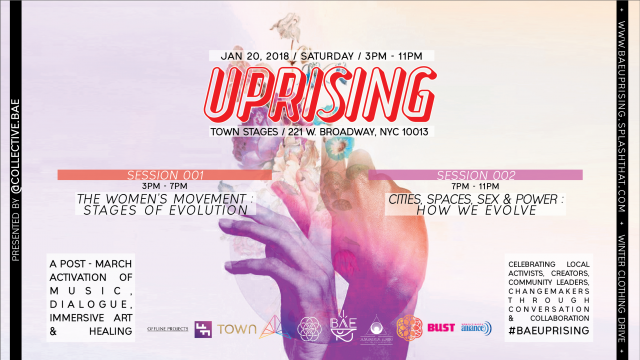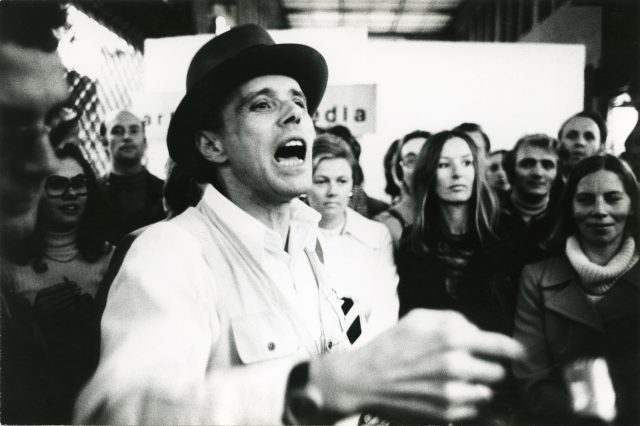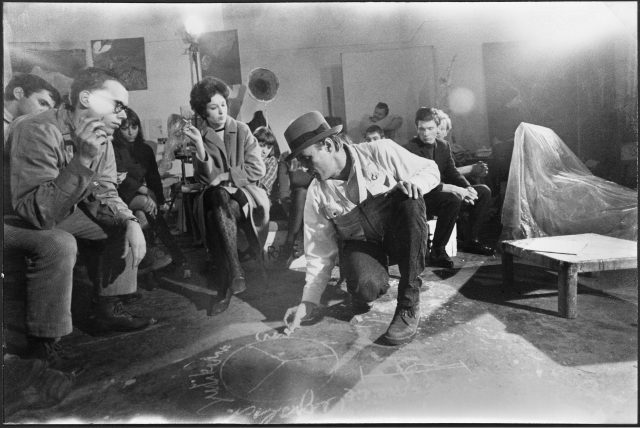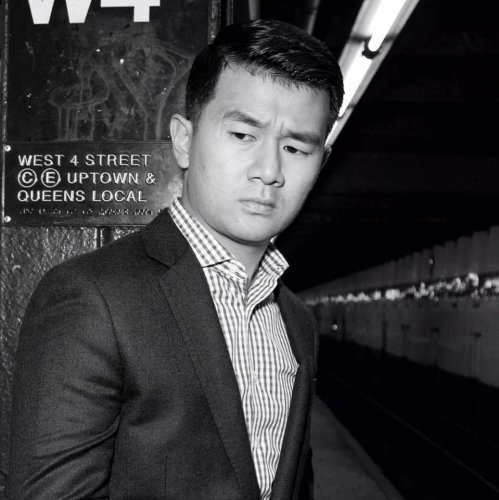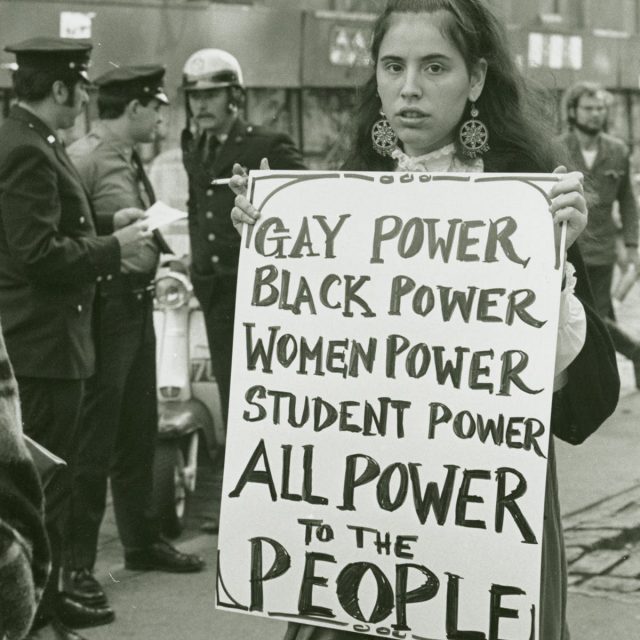OLD DOG (LAO GOU/KHYI RGAN) (Pema Tseden, 2011)
Asia Society
725 Park Ave. at 70th St.
Sunday, January 28, free with advance registration, 2:00
212-288-6400
asiasociety.org
 In June 2016, Tibetan filmmaker Pema Tseden, who lives and works in Beijing, was arrested by Chinese authorities at Xining airport in western China for “disrupting social order” supposedly over a luggage dispute, then was admitted to a local hospital with various injuries and illnesses. He was shortly freed following international outcry, and he went right back to making films about Tibet. The forty-eight-year-old writer and director, who spoke at Asia Society in 2010, returns to the institution this weekend for “Pema Tseden: Celebrating a Tibetan Voice,” a two-day free retrospective of all four of his feature films, two of which will be followed by Q&As with Tseden, whose Chinese name is Wanma Caidan. One of the films Tseden will be speaking after is his 2011 drama, Old Dog, a beautifully told, slowly paced meditation on Buddhism’s four Noble Truths — “Life means suffering”; The origin of suffering is attachment”; “The cessation of suffering is attainable”; and “There is a path to the cessation of suffering” — that ends with a shocking, manipulative finale that nearly destroys everything that came before it. In order to get a little money and to save the family’s sheep-herding dog from being stolen, Gonpo (Drolma Kyab) sells their Tibetan nomad mastiff to Lao Wang (Yanbum Gyal), a dealer who resells the prized breed to stores in China, where they’re used for protection. When Gonpa’s father (Lochey) finds out what his son has done, he goes back to Lao Wang and demands the return of the dog he’s taken care of for thirteen years. “I’d sell myself before the dog,” he tells his son.
In June 2016, Tibetan filmmaker Pema Tseden, who lives and works in Beijing, was arrested by Chinese authorities at Xining airport in western China for “disrupting social order” supposedly over a luggage dispute, then was admitted to a local hospital with various injuries and illnesses. He was shortly freed following international outcry, and he went right back to making films about Tibet. The forty-eight-year-old writer and director, who spoke at Asia Society in 2010, returns to the institution this weekend for “Pema Tseden: Celebrating a Tibetan Voice,” a two-day free retrospective of all four of his feature films, two of which will be followed by Q&As with Tseden, whose Chinese name is Wanma Caidan. One of the films Tseden will be speaking after is his 2011 drama, Old Dog, a beautifully told, slowly paced meditation on Buddhism’s four Noble Truths — “Life means suffering”; The origin of suffering is attachment”; “The cessation of suffering is attainable”; and “There is a path to the cessation of suffering” — that ends with a shocking, manipulative finale that nearly destroys everything that came before it. In order to get a little money and to save the family’s sheep-herding dog from being stolen, Gonpo (Drolma Kyab) sells their Tibetan nomad mastiff to Lao Wang (Yanbum Gyal), a dealer who resells the prized breed to stores in China, where they’re used for protection. When Gonpa’s father (Lochey) finds out what his son has done, he goes back to Lao Wang and demands the return of the dog he’s taken care of for thirteen years. “I’d sell myself before the dog,” he tells his son.
And so begins a gentle tale of parents and children, set in a modern-day Tibet that is ruled by China’s heavy hand. Gonpa’s father doesn’t understand why his son, a lazy man who rides around on a motorized bike and never seems to do much of anything, doesn’t yet have any children of his own, so he pays for Gonpa and his wife, Rikso (Tamdrin Tso), to go to the doctor to see what’s wrong. Meanwhile, the old man keeps a close watch on his dog, wary that Lao Wang will to try to steal it again. Writer-director Tseden (The Sacred Arrow, The Weatherman’s Legacy) explores such themes as materialism, family, and attachment in a lovely little film that sadly is nearly ruined by its extreme final scene. Old Dog is screening January 28 at 2:00; “Pema Tseden: Celebrating a Tibetan Voice,” being held in conjunction with the upcoming exhibition “Unknown Tibet: The Tucci Expeditions and Buddhist Painting,” also includes 2005’s The Silent Holy Stones, 2009’s The Search, and 2015’s Tharlo.
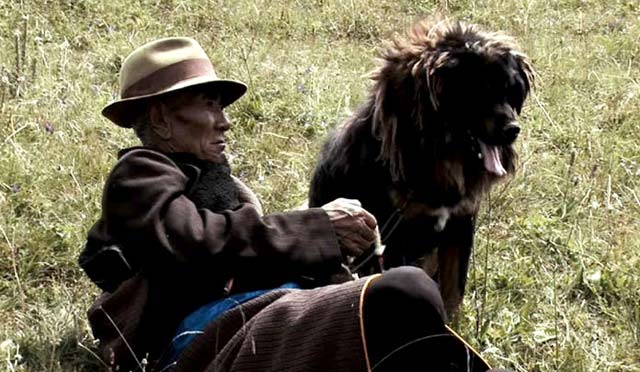
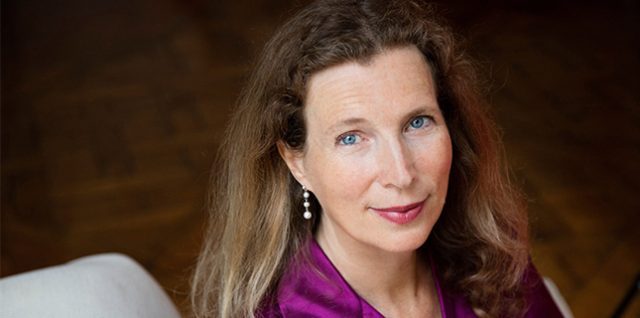
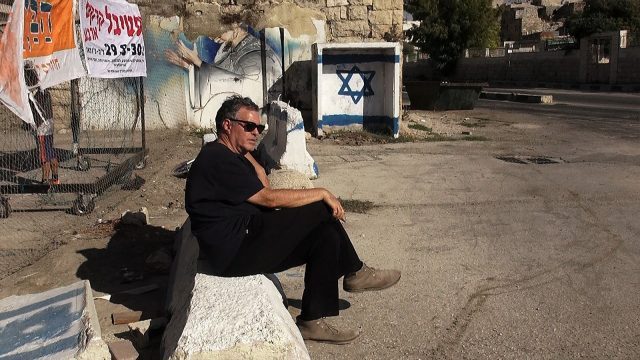
 The New York Jewish Film Festival, presented by the Film Society of Lincoln Center and the Jewish Museum, concludes January 23 with the U.S. premiere of Israeli filmmaker Amos Gitai’s West of the Jordan River, screening at 12:30 and 6:00 at the Walter Reade Theater. Both are followed by a Q&A with Gitai; the first will be moderated by New York Film Festival director emeritus Richard Peña. The eighty-seven-minute documentary revisits a familiar theme for Gitai, the continuing crisis between Jews and Palestinians, which he previously explored in such nonfiction works as 1982’s Field Diary, 2016’s
The New York Jewish Film Festival, presented by the Film Society of Lincoln Center and the Jewish Museum, concludes January 23 with the U.S. premiere of Israeli filmmaker Amos Gitai’s West of the Jordan River, screening at 12:30 and 6:00 at the Walter Reade Theater. Both are followed by a Q&A with Gitai; the first will be moderated by New York Film Festival director emeritus Richard Peña. The eighty-seven-minute documentary revisits a familiar theme for Gitai, the continuing crisis between Jews and Palestinians, which he previously explored in such nonfiction works as 1982’s Field Diary, 2016’s 